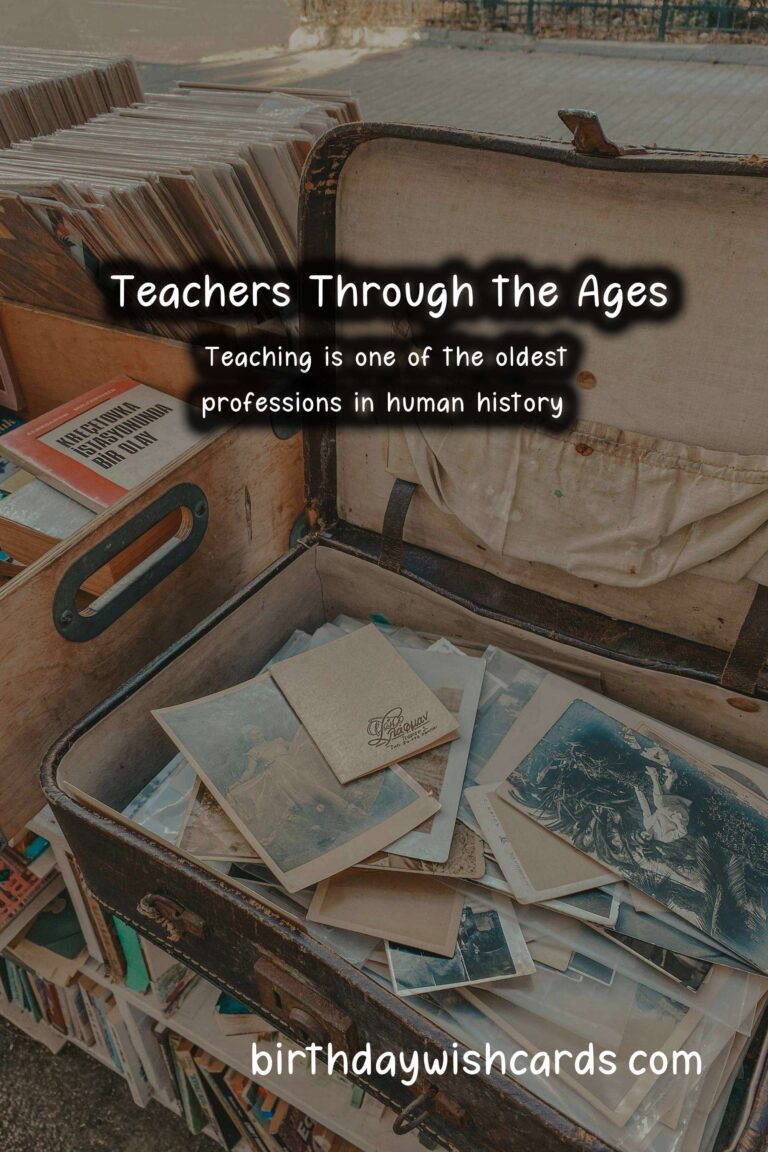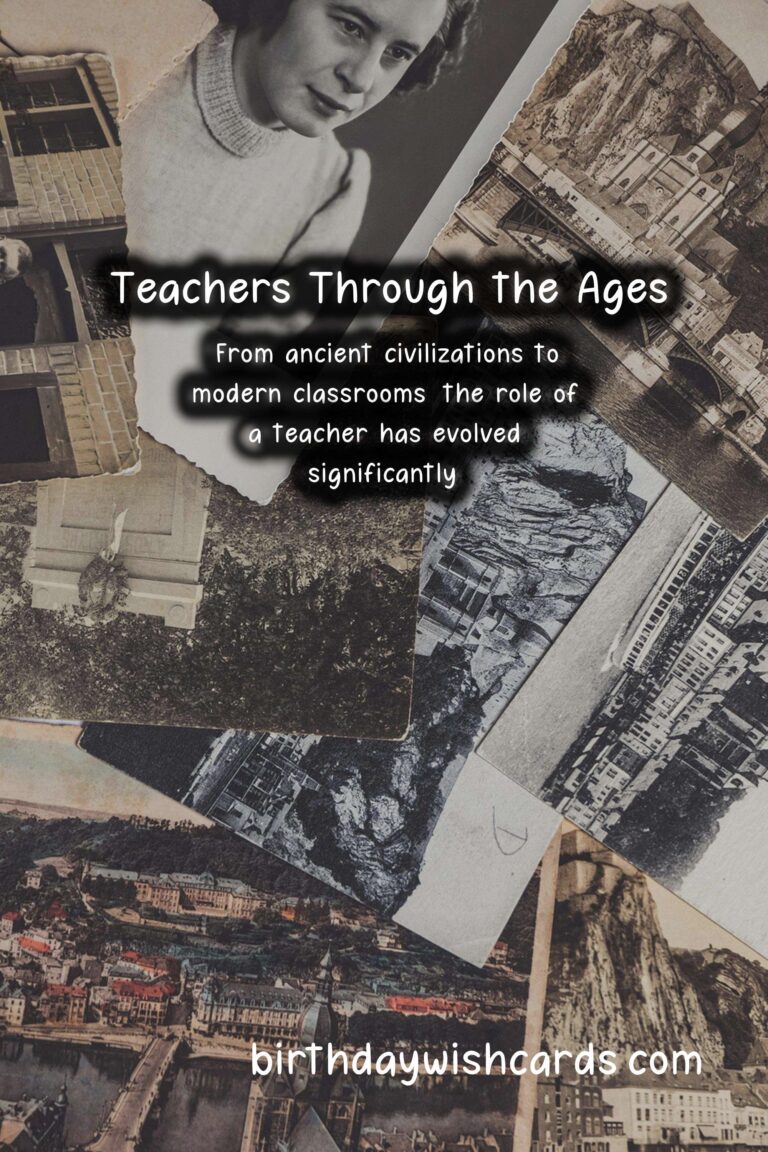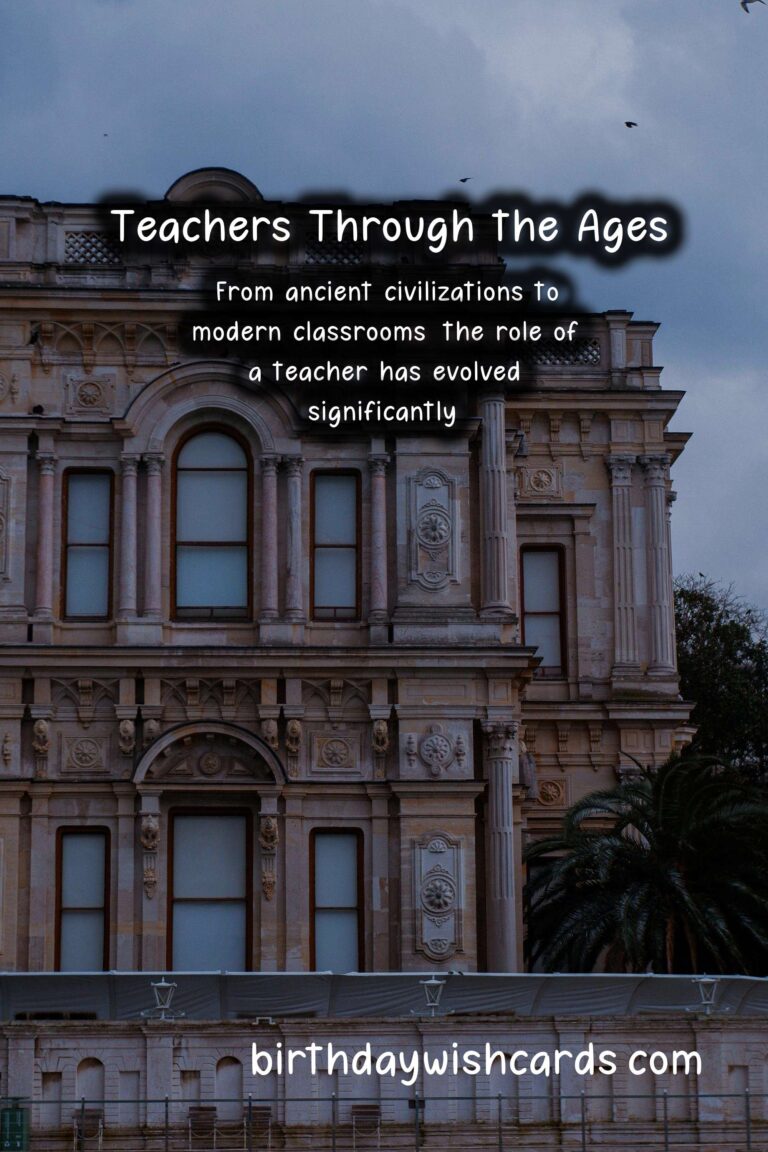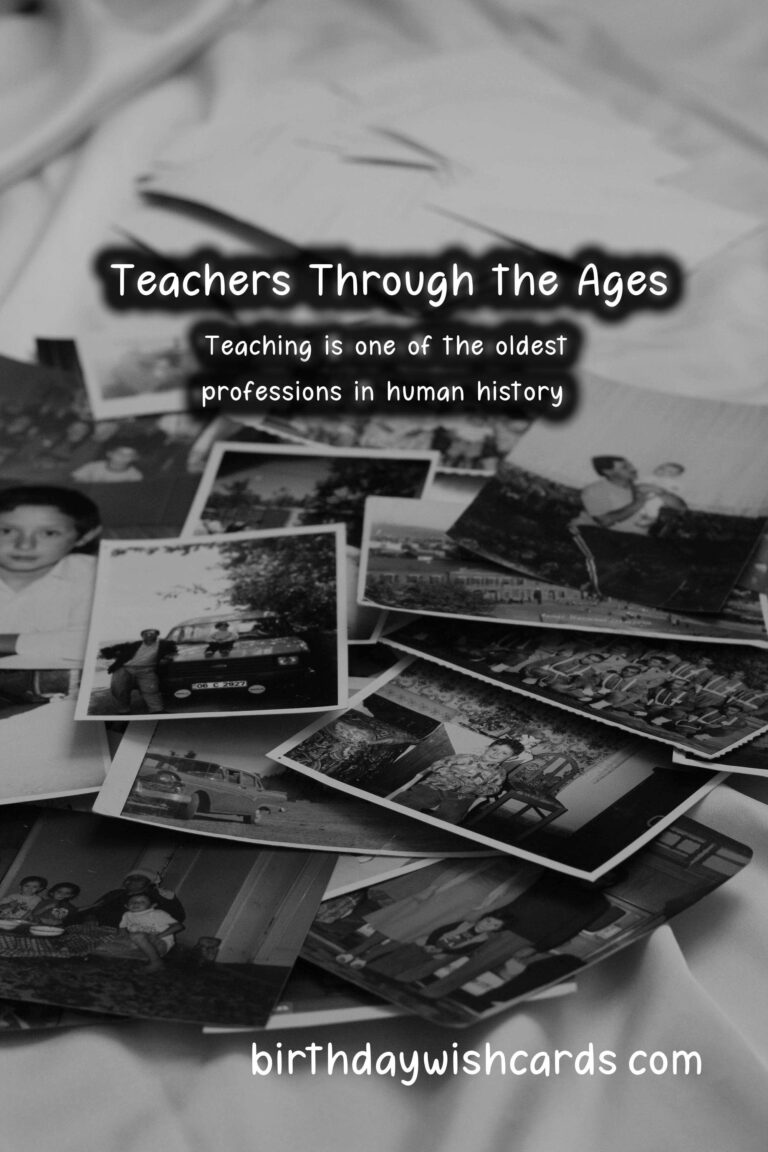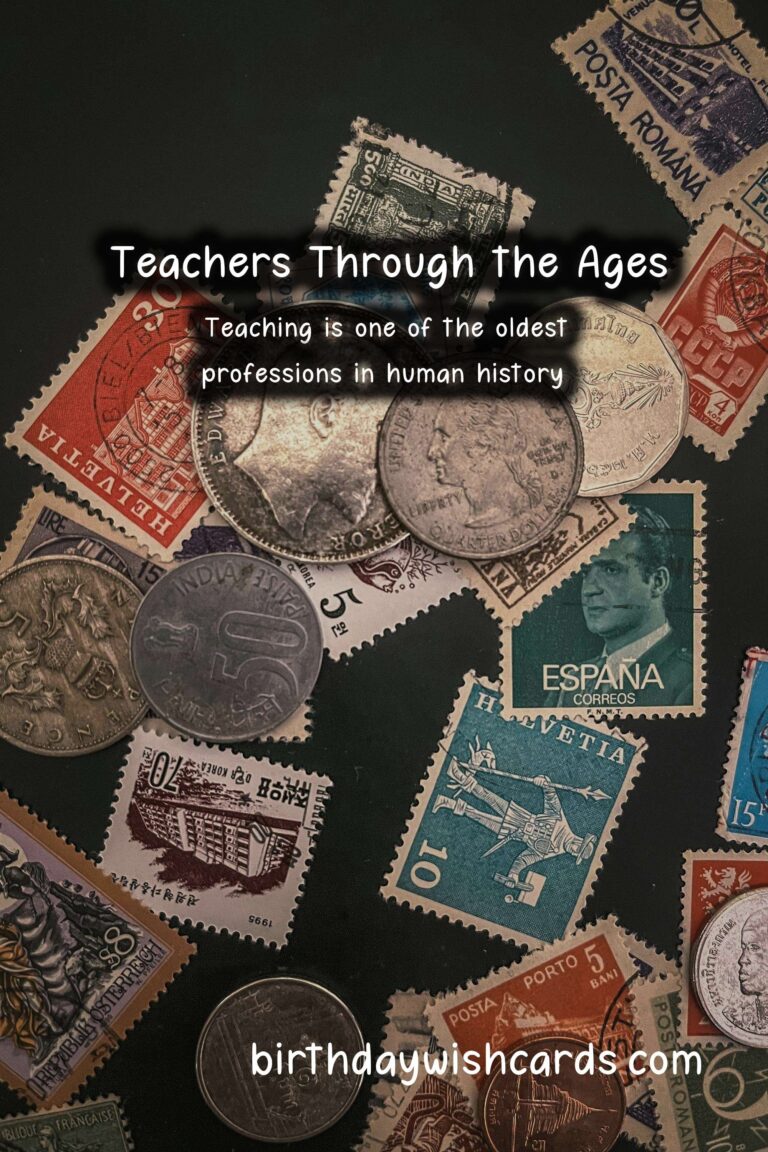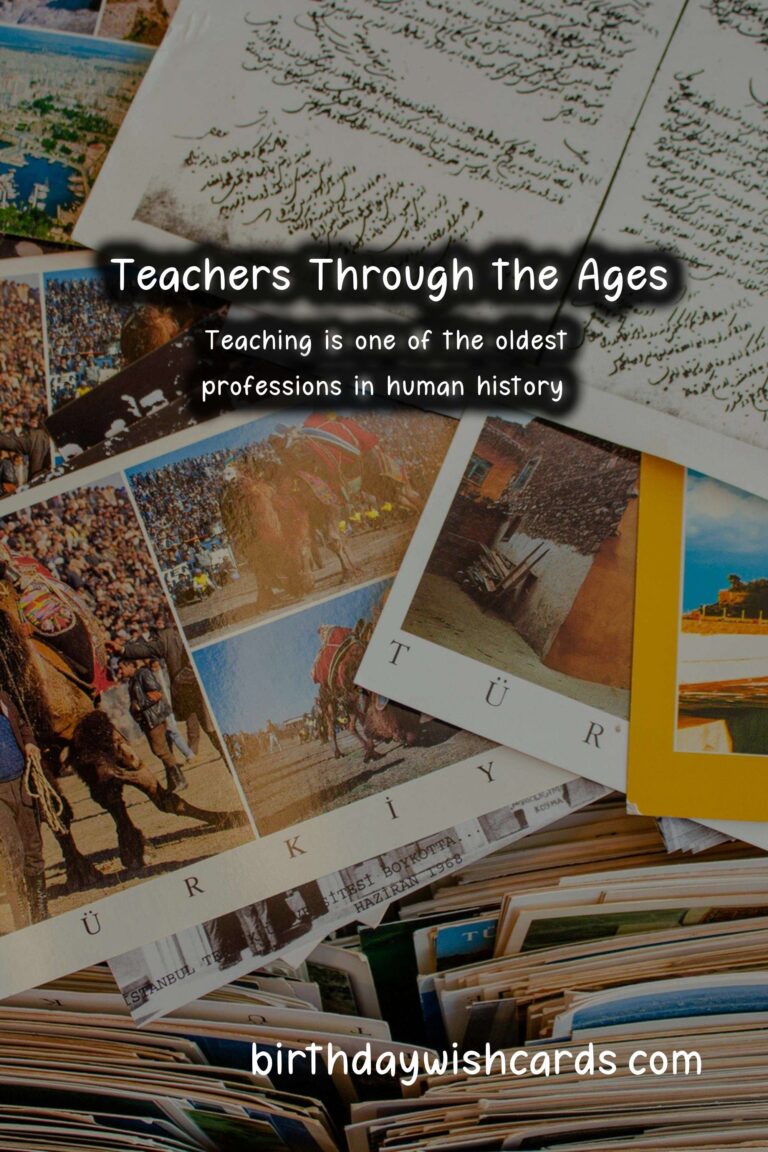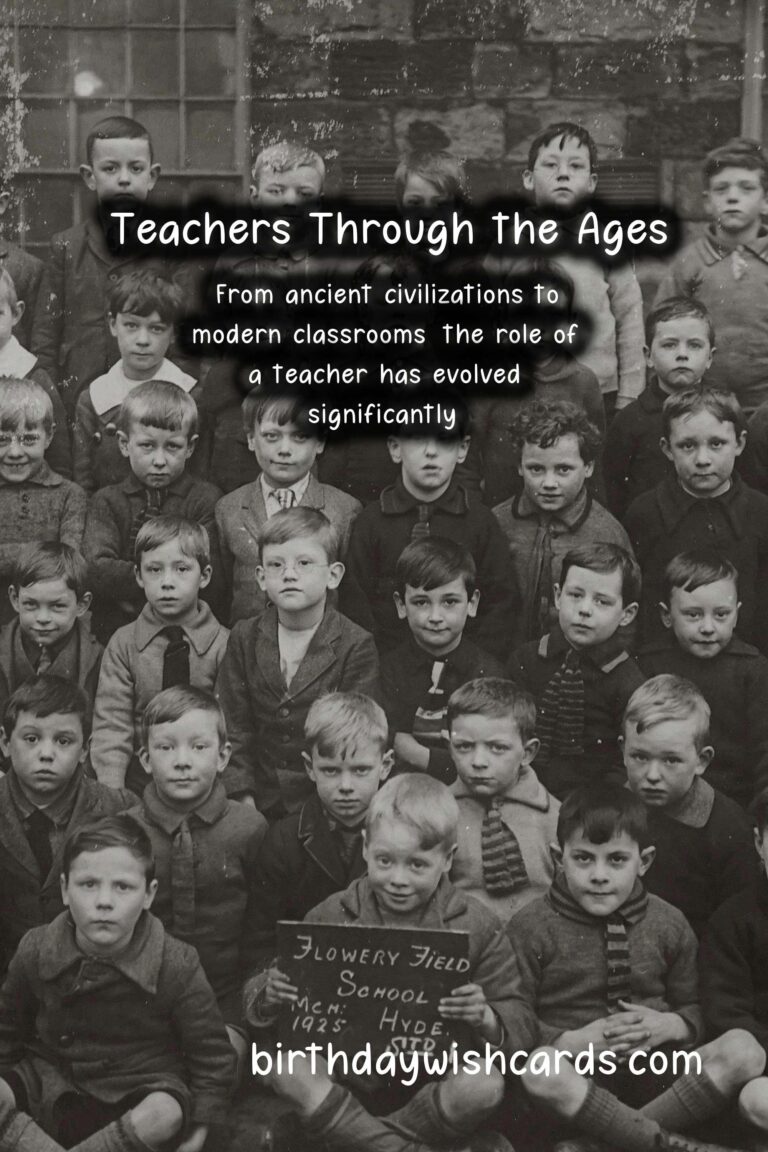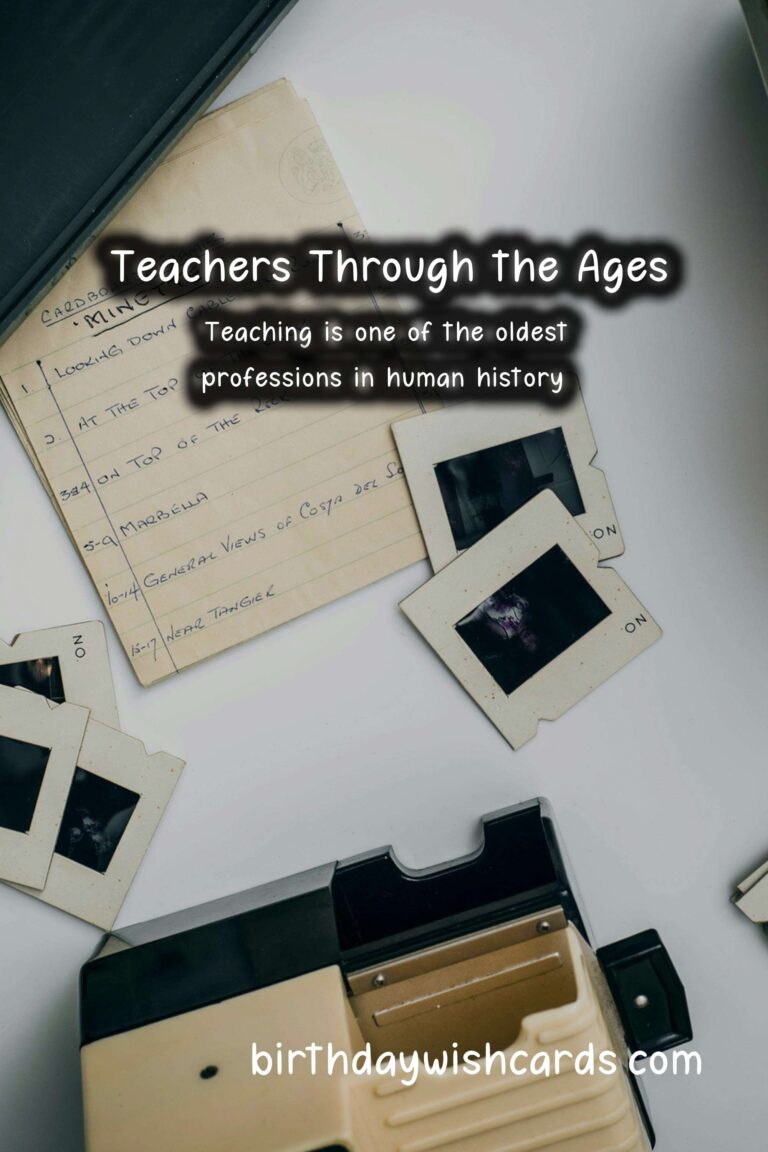
Teaching is one of the oldest professions in human history. From ancient civilizations to modern classrooms, the role of a teacher has evolved significantly. In this article, we will explore the rich history of teaching and its impact on society.
Ancient Civilizations and the Dawn of Education
The concept of teaching can be traced back to the earliest human societies. In ancient Egypt, priests were the first educators, imparting knowledge about religion, mathematics, and science to their students. Similarly, in ancient Mesopotamia, scribes taught writing and accounting skills. These early educators played a crucial role in preserving knowledge and culture.
Teaching in Ancient Greece
Ancient Greece marked a significant turning point in the history of education. Philosophers like Socrates, Plato, and Aristotle emphasized critical thinking and the importance of knowledge. The establishment of the Academy by Plato in 387 BC and Aristotle’s Lyceum in 335 BC laid the groundwork for formal education systems.
The Middle Ages and the Rise of Universities
During the Middle Ages, education took on a more structured form with the founding of universities in Europe. The University of Bologna, established in 1088, is recognized as the first university in the world. Teachers in these institutions were often members of the clergy and focused on subjects like theology, law, and medicine.
The Renaissance: A New Era of Learning
The Renaissance brought a renewed interest in the arts and sciences. The invention of the printing press in the 15th century revolutionized education by making books more accessible. Teachers began to incorporate literature and humanism into their curricula, promoting a well-rounded education.
The Industrial Revolution and Public Education
The Industrial Revolution in the 18th and 19th centuries led to significant changes in society and education. As cities grew and factory labor became common, the need for an educated workforce increased. This prompted the establishment of public education systems, making education accessible to children from all social classes.
Teachers’ Role in Social Change
Throughout history, teachers have been instrumental in advocating for social change. From the abolition of slavery to the civil rights movement, educators have used their platforms to promote equality and justice. They have inspired generations of students to think critically and challenge the status quo.
The Modern Era of Education
Today, the role of a teacher continues to evolve. With the advent of technology, online education has become a popular alternative to traditional classroom settings. Teachers now incorporate digital tools to enhance learning, preparing students for a rapidly changing world.
Challenges Faced by Teachers
Despite the importance of their role, teachers face numerous challenges today. From low salaries to high-stakes testing, educators often struggle to provide the best education for their students. Advocacy for better working conditions and resources is crucial in ensuring the profession remains viable.
Conclusion: The Lifelong Impact of Teachers
The history of teachers is a testament to the vital role they play in shaping the future. As we look to the future of education, it is essential to honor the past and recognize the contributions of educators throughout history.
Teaching is one of the oldest professions in human history. From ancient civilizations to modern classrooms, the role of a teacher has evolved significantly. 
